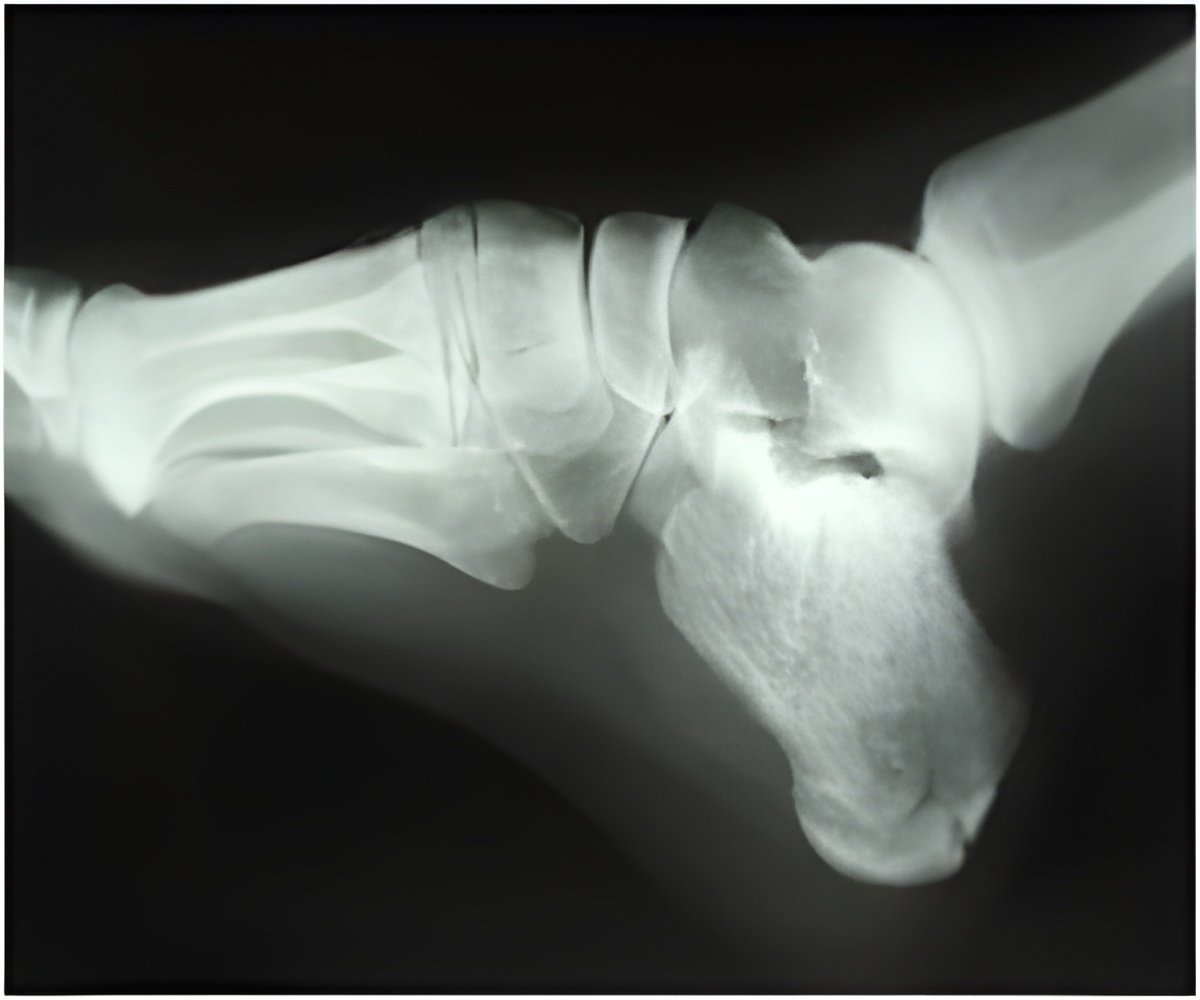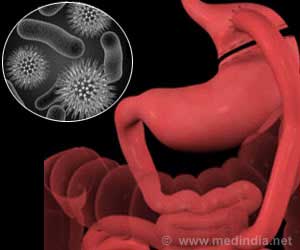Protein statherin which is found in the formation of enamel an important component of teeth plays a crucial role in bone regeneration, say Mary University of London researchers.

Publishing in the journal Biomaterials, the team created bioactive membranes made from segments of different proteins to show which protein in particular played the crucial role. They demonstrated the bone stimulating effect in a rat model, and used analytical techniques to visualise and measure the newly formed calcified tissue.
Co-author Dr Esther Tejeda-Montes, also at QMUL's School of Engineering and Materials Science said: "The benefit of creating a membrane of proteins using these molecules means it can be both bioactive and easily handled to apply over injured areas in the bone."
Dr Mata added: "Our work enables the possibility to create robust synthetic bone grafts that can be tuned to stimulate the natural regenerative process, which is limited in most synthetic bone graft alternatives."
Source-Eurekalert
 MEDINDIA
MEDINDIA




 Email
Email










